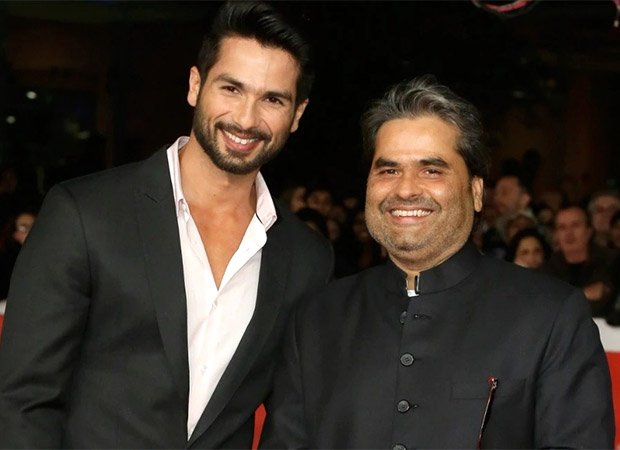India’s vote in favour of five resolutions at the United Nations General Assembly opposing Israeli settlements in the occupied territories and provision of support to Palestinian refugees and the United Nations Relief and Works Agency (UNRWA) was in line with the country’s stated position of backing direct negotiations that lead to a two-State solution. New Delhi’s abstention on another resolution on a special committee to investigate Israeli practices that affect the human rights of Palestinians too was in line with its stance on opposing such probes into the internal affairs of countries. These resolutions have been described as routine annual affairs, unlike the resolution on a ceasefire that was passed by the UN General Assembly last month. Significantly, India stuck to its position on the five resolutions despite a call from the US and Israel for countries to vote against them since they did not mention the October 7 terror attacks by Hamas that triggered the current conflict.

The overall Indian position at the UN General Assembly reflects the delicate balancing act in the country’s foreign policy, backing Israel’s right to defend itself in the face of terrorist attacks while continuing to support a two-State solution. The Israel-Hamas conflict has underlined the need to keep up a nuanced approach, given the sensitivities of Arab states that have close strategic, energy and trade partnerships with India. These Arab states had conveyed their disquiet at India’s initial approach, which was perceived by them as being skewed towards Israel. With no signs of an immediate halt of the Israeli offensive in Gaza and the human toll in the war rising, India will be forced to continue balancing its growing relationship with Israel while maintaining long-standing ties with the Arab world.
 Subscribe today by clicking the link and stay updated with the latest news!” Click here!
Subscribe today by clicking the link and stay updated with the latest news!” Click here!Continue reading with HT Premium Subscription
Daily E Paper I Premium Articles I Brunch E Magazine I Daily Infographics








